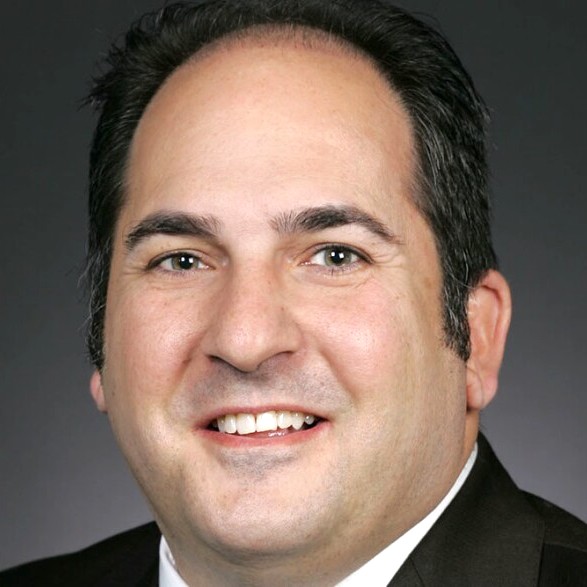“Politics makes strange bedfellows,” said 19th Century journalist Charles Dudley Warner.
While that phrase is something we hear to explain the occasional setting aside of differences to achieve a policy goal, I’m not sure a phrase exists for the phenomenon currently surrounding civil asset forfeiture reform.
The ACLU, the Oklahoma Policy Institute, Oklahoma Council of Public Affairs, and the Oklahoma Second Amendment Association have all rallied behind the SB 838 legislative reform effort introduced by me, a conservative Republican state senator from south Oklahoma City. This diverse coalition shows the importance of civil asset forfeiture reform.
What is CAF?
Civil asset forfeiture is a process law enforcement agencies use to take permanent ownership of property seized for suspected involvement in criminal activity. At issue for both conservative and liberal defenders of the U.S. Constitution is that Oklahoma’s current asset forfeiture law does not require that citizens face criminal charges before their property is seized, much less that they be convicted of a crime.
If there isn’t enough evidence to prosecute the owner for a crime, how is there enough evidence to take the person’s property? Because property does not have constitutional rights, the government sues the actual property in civil court instead of criminal court. In this civil action, the government must only prove its case to a judge by a preponderance of the evidence — basically 50.1 percent — to force permanent forfeit of the property.
I have a huge issue with that, as do many Americans. When the government takes a citizen’s life or liberty, it must prove its case beyond a reasonable doubt. With property, the law essentially requires a mere 50.1 percent.
SB 838
My proposed legislation, the Personal Asset Protection Act, would reform this system in four major ways. Most importantly, a criminal conviction would be required before the government could permanently seize property.
Second, after a jury finds a citizen guilty of a crime subject to asset forfeiture, our proposed reforms would force the state to present “clear and convincing” evidence of the property’s involvement in the criminal activity. This is a higher burden of proof, but not quite as strong as “beyond a reasonable doubt.”
Third, by raising the burden of proof for forfeiture, we would shift the burden of proof back to the government, ensuring owners are truly innocent until proven guilty. Current law requires owners to prove a legitimate source of income for the property to be theirs. In other words, you must prove your innocence to the government.
Finally, proceeds from civil asset forfeiture are currently divided amongst the law enforcement agencies involved in each forfeiture. Each district attorney enters into an agreement with local law enforcement on how to divide the proceeds from forfeiture, and each state law enforcement agency has a different allocation process.
Profit incentive leads to abuse
Essentially, if a law enforcement officer helped seize cash or property, his or her agency directly profits from the forfeiture. This creates a profit incentive used to balance public safety budgets, a concept that has been promoted by individuals in Oklahoma. The only restriction on these funds is that they are to be used for law enforcement purposes. This vague statutory requirement has given rise to agencies paying for salaries, retirement plaques, donuts and even student loan debt. One assistant district attorney even lived in a forfeited home for years, despite a court order that the property to be sold at auction.
My legislation, as introduced, would divert all properly seized and forfeited funds to the state’s General Revenue Fund, and they would make their way through a normal budgeting process. I’ve been working on plans to create a neutral account, overseen by a citizen review board, to divert these funds to drug treatment centers, drug courts and drug interdiction efforts. What better way to fight the cartels than to help people afflicted by addiction?
Recently, we released the results of a SoonerPoll survey commissioned by the OCPA and OKPolicy. The poll showed that 70 percent of likely Oklahoma voters support requiring a criminal conviction before the government permanently takes possession of an individual’s property. This poll asked a cross section of Oklahomans, with 72 percent of self-identified “very conservative” respondents and 59 percent of self-identified “very liberal” respondents supporting reform.
The current civil asset forfeiture process is a threat to civil liberties and private property rights, but also to due process and Oklahomans’ faith in the judicial system. We must do everything we can to uphold the rule of law while protecting citizens from an overreaching government.
Senate Bill 838 will begin working its way through the legislature when we reconvene in February 2016. With supporters from across the political spectrum, I hope law enforcement leaders will begin to understand why this reform is important to so many people.























